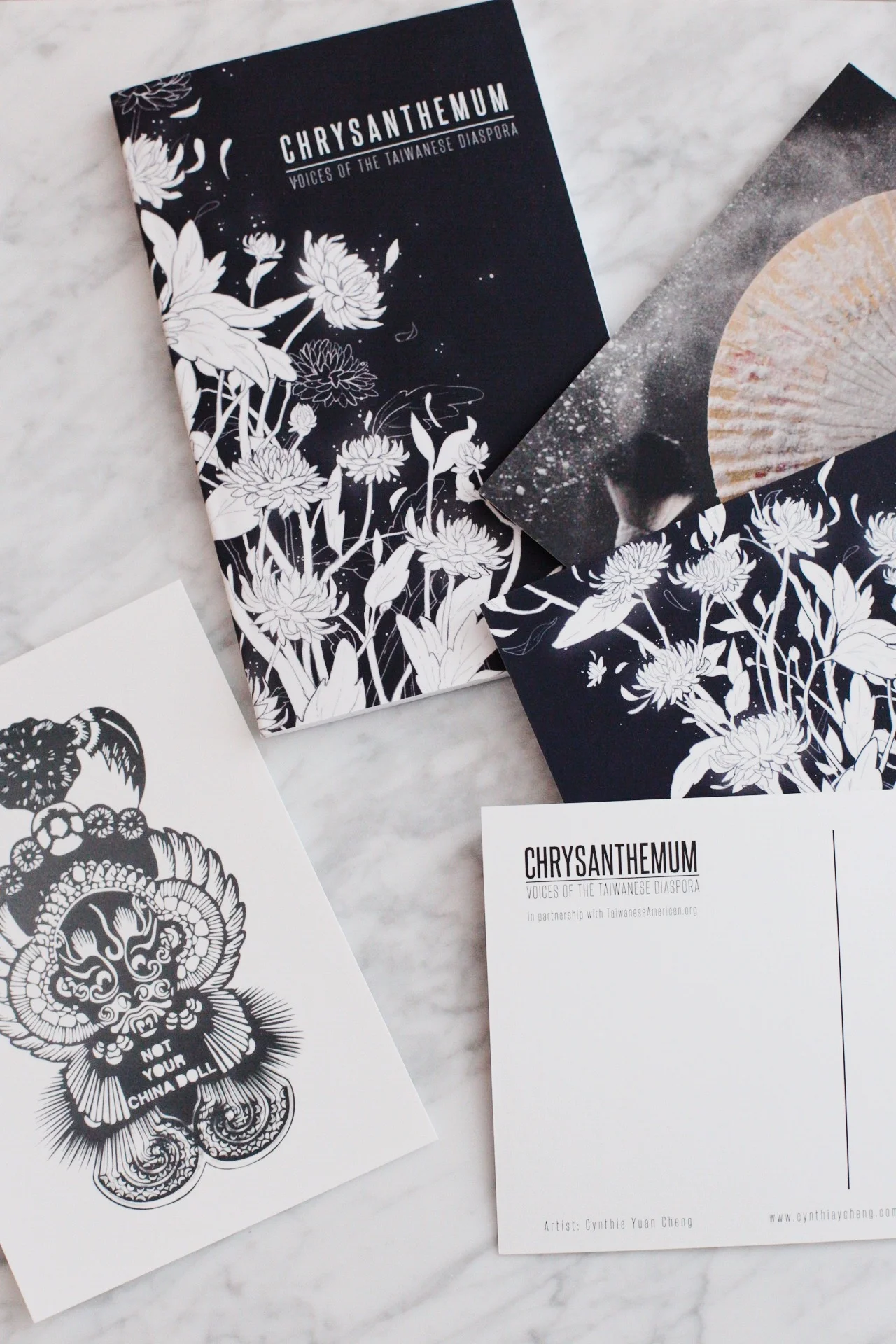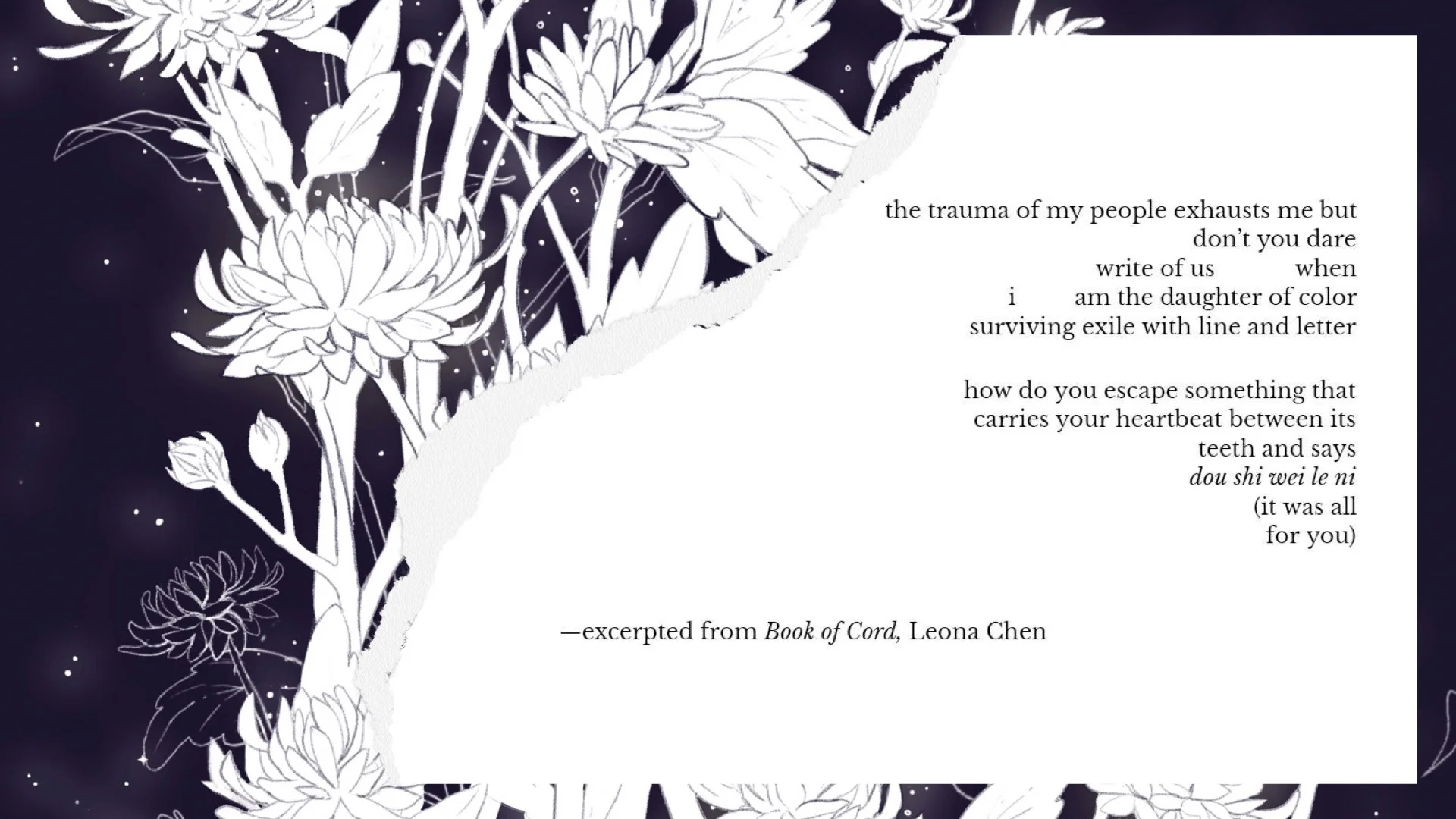Throwin’ it back to a Blenheim Palace visit in 2013.
Everything was much better before The War
You use four different nicknames daily for "Charles," and they're all for the same guy
Someone you know would lay down their life for a cold, inconvenient, and uncomfortable middle-of-nowhere house
Your local spunky unmarried 30-something woman looks like Emma Thompson
Your friend has confided in you that he can't possibly leave his cheating spouse, he’s an upstanding Englishman!
You’ve experienced extreme drama surrounding unsent or misinterpreted letters
Oxford, 2013.
Nanny still lives in the attic 47 years later and will show off your baby photos if you ask
You have a vague perception of Catholics as being kinda weird
Someone is the black sheep of your family solely because they married the wrong person
At one point you have regaled a friend with everything you know about a particular man. But you are definitely not in love with him, oh no. You think about him 24/7 but you are not in love with him and have never been. Also you have no other memories from the past decade that don't involve this man that you are absolutely not in love with
Papa says England must be falling because women have jobs and opinions now
You’re reliably very, very surprised when you run into a neighbor-slash-relative...in your tiny town...at a family event! Small world
Your family friend Edmund is a commoner, but he's allowed to party on our veranda because man, can he write
A symbolic Big Tree grows on the grounds of your family home
They're tearing down your ancient house to build flats, what a pity
It's been a while since you’ve heard from your distant relative in India or the Levant
You’re certain the butler can't feel love, he exists just to butler
People who didn’t go to Oxford don't count
Is your nickname derisive or affectionate? You genuinely do not know
Mama is lying down on account of her nerves and migraines; please don't make noise in the corridors
You’ve considered running away to Switzerland to ride out a wave of drama and gossip in style
You know cousin Victoria is capital-R Rebelling, because she wants to marry an American
There's a new baby in the family but you never see it and rarely mention its name
















